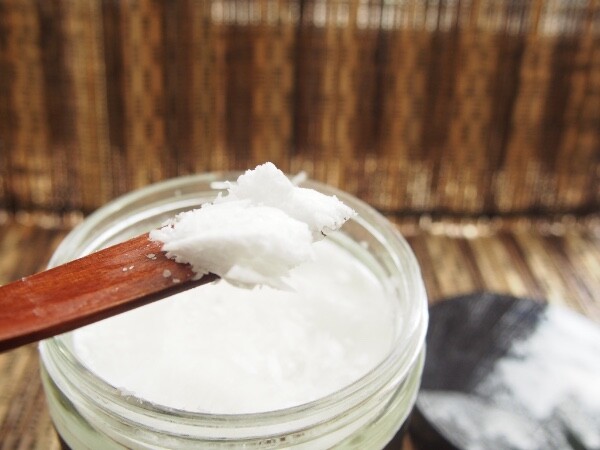
You many have heard about the report put out by the American Heart Association (AHA) last year recommending coconut oil be avoided to decrease your risk of heart disease. This report has left people more confused than ever about coconut oil, but don’t throw out your coconut oil just yet!
The AHA report focused on 4 core studies published between 1969 and 1979 to base their recommendations on. Not surprisingly, this was a time when the “low-fat” theory materialized. Most of the early studies used partially hydrogenated coconut oil and not unrefined virgin coconut oil. There is a huge difference between the two.
Furthermore, the AHA report looked only at cardiovascular health and the role of cholesterol. More and more science is debunking the claim that high cholesterol foods should be avoided. The truth is we do need some saturated fat and cholesterol. From cell membranes, to brain function, to immune function, saturated fats and cholesterol play essential and important roles in our bodies (i, ii).

There are numerous studies that have found benefits to using unrefined virgin coconut oil (i, ii, iii). These benefits include:
- raises HDL, or “good” cholesterol levels
- promotes weight loss
- anti-inflammatory properties
- anti-microbial properties
- improves memory and brain function
- provides energy
- increases metabolism
There are several flaws with the AHA report. The studies recommend replacing saturated fats with corn and soy oil. These vegetable oils are high in omega 6 fats which our diets are already too high in, and we are too low in omega 3 fats. An unbalanced ratio of omega 6 to omega 3 will increase inflammation and can lead to a whole host of health issues such as obesity, diabetes, rheumatoid arthritis, irritable bowel disease and cardiovascular disease. The focus needs to be less on cholesterol and more on reducing inflammation which is one of the root causes of heart disease (iv).
Another major flaw: Corn and soy oil come from crops that are over 90% genetically modified and contain extremely high levels of glyphosate, the main ingredient in Roundup that has been classified as a probable carcinogen.
Use caution when interpreting results of a study. Industries often influence nutritional sciences. Although the AHA is a nonprofit organization, it does receive funds from companies including the United Soybean Board, and the US Canola Association. It would make sense that the reports they put out would support consumption of these products.

In spite of the flaws of this report, there was one positive recommendation. The AHA also mentioned the benefits of following a Mediterranean diet. This diet is high in healthy fats such as fish, olives, nuts, seeds, and avocados. All great foods that promote heart health. Continue to enjoy your unrefined virgin coconut oil in moderation, increase your intake of omega 3 fats, eat more whole unprocessed foods, and include lots of greens.
Wondering how to get coconut oil into your diet? You can add it to your morning smoothie, as a spread on whole grain toast, you can cook and bake with it and is great in a bulletproof coffee. Try this recipe below to charge up your morning coffee.
Coconut Milk Coffee Creamer
- One 13.5 ounce can full fat coconut milk
- 2 tablespoons vanilla extract
- 2 tablespoons coconut oil, melted or MCT oil
- Honey or stevia, to taste
- Pinch of sea salt
Put all ingredients in a blender and mix until well-combined. Use in coffee as desired.
Recipe adapted from draxe.com
[su_spacer]
References:
i. “A Coconut Extra Virgin Oil-Rich Diet Increases HDL Cholesterol and Decreases Waist Circumference and Body Mass In Coronary Artery Disease Patients”. https://www.ncbi.nlm.nih.gov/pubmed/26545671
ii. “Inflammatory Cytokines and Risk of Coronary Heart Disease: New Prospective Study and Updated Meta-Analysis”. https://www.ncbi.nlm.nih.gov/pubmed/24026779
iii. “Antimicrobial effects of virgin coconut oil and its medium-chain fatty acids on Clostridium difficile”. https://www.ncbi.nlm.nih.gov/pubmed/24328700
iv. “Healthy intakes of n-3 and n-6 fatty acids: estimations considering worldwide diversity”. http://ajcn.nutrition.org/content/83/6/S1483.abstract
[su_spacer]
For more information or to make a referral please contact us at:
[email protected] or call us 1 855 385 5678 ex 801
Or go on to our website www.korunutrition.com to complete our online referral form





